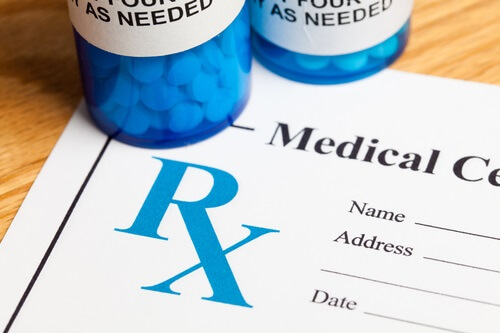
Prescription Drug Dangers
In January, we learned that popular rock star Tom Petty’s premature death was linked to an unintentional overdose of opioids, prescribed for pain related to a hip fracture. His accidental death was just one more in a growing public-health crisis of prescription-drug related fatalities.
Today, more people die from prescription drugs than guns and car accidents combined. More than 63,600 lives were lost to drug overdose in 2016, the most lethal year of the drug overdose epidemic, according to a report from the National Center for Health Statistics. The problem is so severe and pervasive that it is having a negative effect on life expectancy, which fell last year for the second year in a row.
We tend to associate drug addiction with people seeking intoxication or anxiety relief, but that stereotype no longer holds true. Today, many drug deaths involve people who were prescribed medication for legitimate reasons. Powerful opioids once used only for surgery recuperation or pain management in terminal cancers are now prescribed for more commonplace injuries and conditions.
Many people are unaware just how powerfully addictive these medications can be. They think that if a doctor prescribed a drug, it must be ok. This lack of awareness of the potential dangers can lead to overreliance, casual use, dangerous interactions and improper storage. Over time, the person can become dependent on the drug, requiring more to achieve the same relief, which can lead to abuse. The person may reach a point where they need the drug to function normally or may become sick when stopping the drug.
Part of the solution is raising awareness about the dangers of these powerful drugs and limiting their use. Being an informed consumer is vital.

If you are prescribed painkillers:
- Tell your doctor about any other prescriptions or over the counter medicines you take
- Follow dosage instructions
- Ask about potential interactions with other drugs
- Find out about addictive properties of the drug
- Never take someone else’s medication or share yours
- Store drugs in a secure place and dispose of any unused pills properly
- Never drink alcohol while on prescribed pain medication. Combining small amounts can be lethal
Drug dependence/addiction warning signs include:
- Difficulty when trying to limit/stop taking the drug
- Interference with work, family or relationships
- Negative effects on physical, mental or emotional health
- Drug-related risks to safety, health or finances
- Continuation of drug use even in the face of negative consequences
If you or a loved one has a problem with prescription drugs, your EAP is here to help. Call a professional, nonjudgmental counselor today. All conversations with EAP counselors are confidential, protected under Federal privacy regulations.
1.800.252.4555 or 1.800.225.2527
View more newsletters at www.theEAP.com
